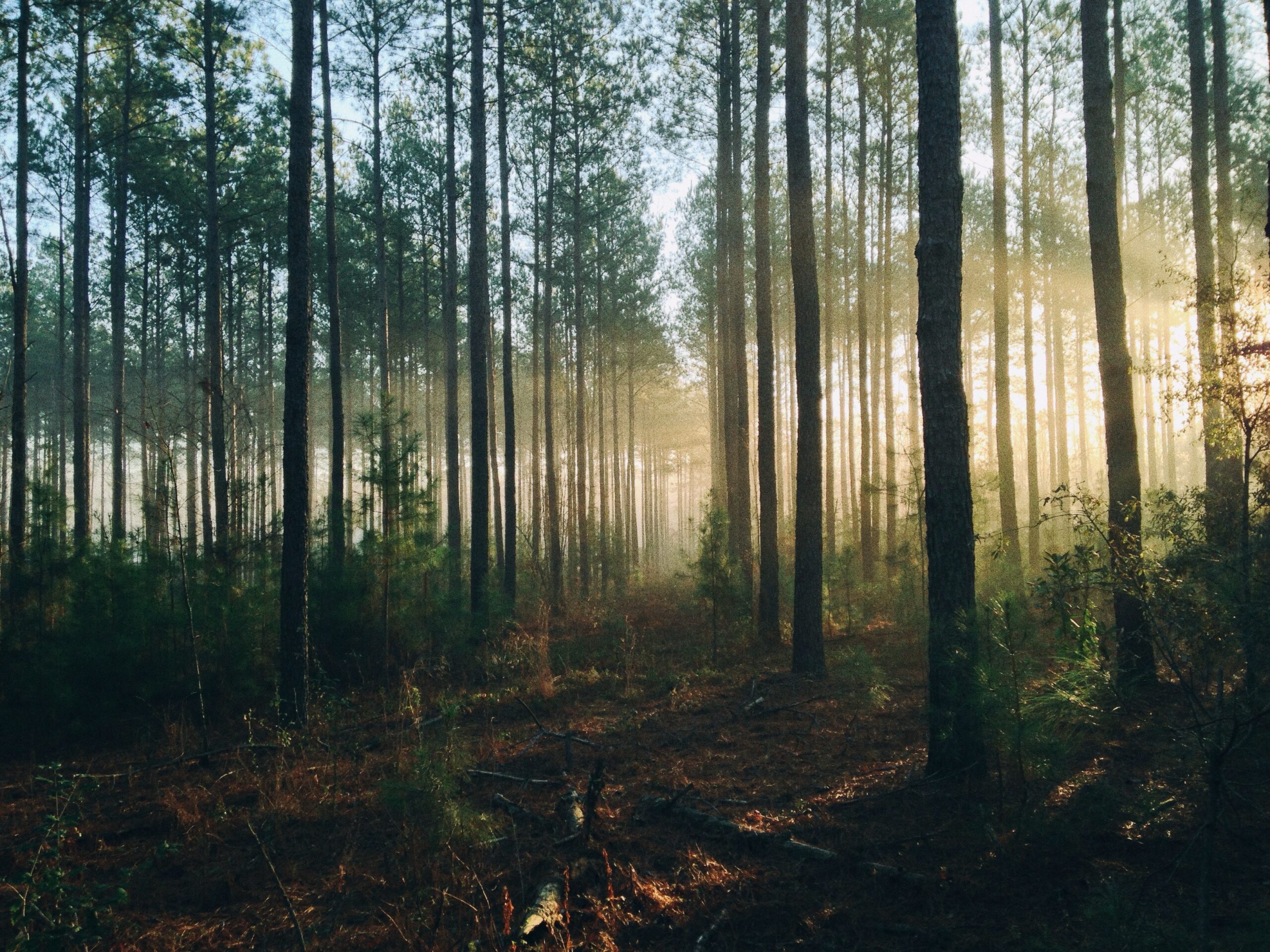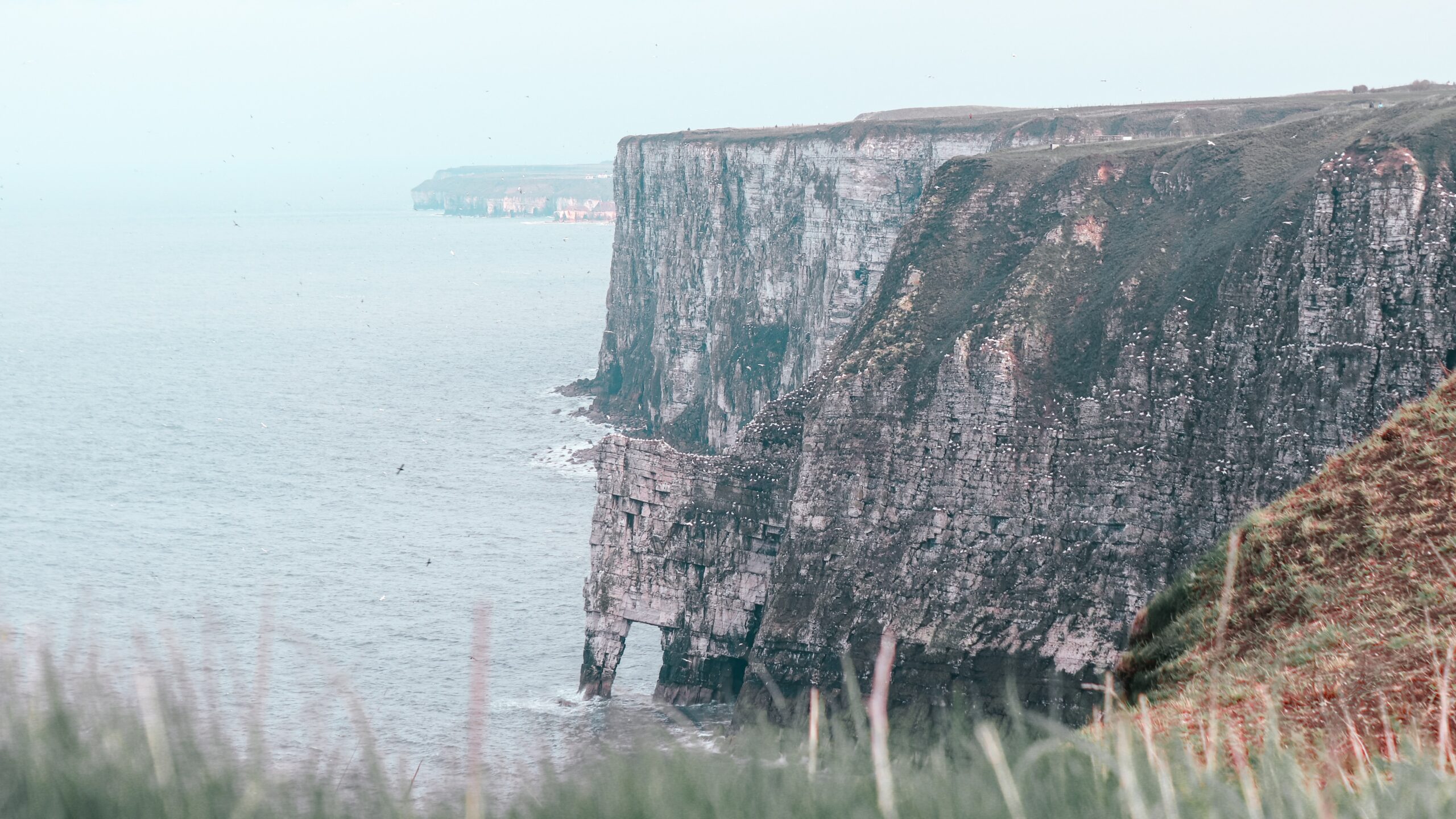Nature writing is in its golden age, but as most of us know, the planet is sinking into an era of darkness. This flourishing of a genre is surely, and hopefully, a testament to the increased value people are placing on our environment, and a sign of the focus being ploughed into conserving it. So many writers are providing vital solutions to protecting our planet, and helping the individual to value and conserve local environments.
And where works are not polemic or directly calling audiences to action, nature writing is still incredibly important. Nature writing focused on the solace and healing powers that the outdoors can offer us, and our personal relationship to it, is radical in itself.

Placing increased value on our natural world is a reevaluation of the ways in which we live. Modern living has left many of us dissatisfied; where urban environments fall short, nature can offer us something else – a new way of seeing the world, living within it, and connecting to it. Observing and noticing nature’s small acts and moments can be wondrous and restorative, decentring us, and taking our mind elsewhere. The very values of environmental communities seem quite divorced from the capitalist structures under which most of us toll. As Robert Macfarlane writes, these are acts of ‘placing community over commodity, modesty over mastery, connection over consumption, the deep over the shallow’.
Nature writing has given us a chance to evaluate how we belong in the physical world, the history of the land, the movement of people, and the formation of community. It is wrapped up in our political, social, historical, and philosophical understandings of land and home. As we find new ways to grapple with these issues, a diverse array of people are reclaiming their right to natural spaces, and their stories within them.

Taking a tumble down the rabbit hole of nature writing can further expand on these feelings and sentiments that we may not be able to name. And where not all of us have access to grand landscapes and wild terrains, we can revel in the written word and the imaginative capabilities of our excellent nature writers.
Sometimes it is only when we are taken away from a thing that we realise how much we value it. During the Covid pandemic, many of us temporarily lost our natural localities, and it was during this time that we realised nature’s role in our life, its vitality, and lifeforce. Nature and conservation writing echoes such feelings, calling us back to our dwindling natural world, to value it in new ways, and to save it.

Explore all of this year’s shortlisted books here.
Privacy Policy | Terms & Conditions | Website by Milk & Tweed
| Cookie | Duration | Description |
|---|---|---|
| cookielawinfo-checkbox-analytics | 11 months | This cookie is set by GDPR Cookie Consent plugin. The cookie is used to store the user consent for the cookies in the category "Analytics". |
| cookielawinfo-checkbox-functional | 11 months | The cookie is set by GDPR cookie consent to record the user consent for the cookies in the category "Functional". |
| cookielawinfo-checkbox-necessary | 11 months | This cookie is set by GDPR Cookie Consent plugin. The cookies is used to store the user consent for the cookies in the category "Necessary". |
| cookielawinfo-checkbox-others | 11 months | This cookie is set by GDPR Cookie Consent plugin. The cookie is used to store the user consent for the cookies in the category "Other. |
| cookielawinfo-checkbox-performance | 11 months | This cookie is set by GDPR Cookie Consent plugin. The cookie is used to store the user consent for the cookies in the category "Performance". |
| viewed_cookie_policy | 11 months | The cookie is set by the GDPR Cookie Consent plugin and is used to store whether or not user has consented to the use of cookies. It does not store any personal data. |